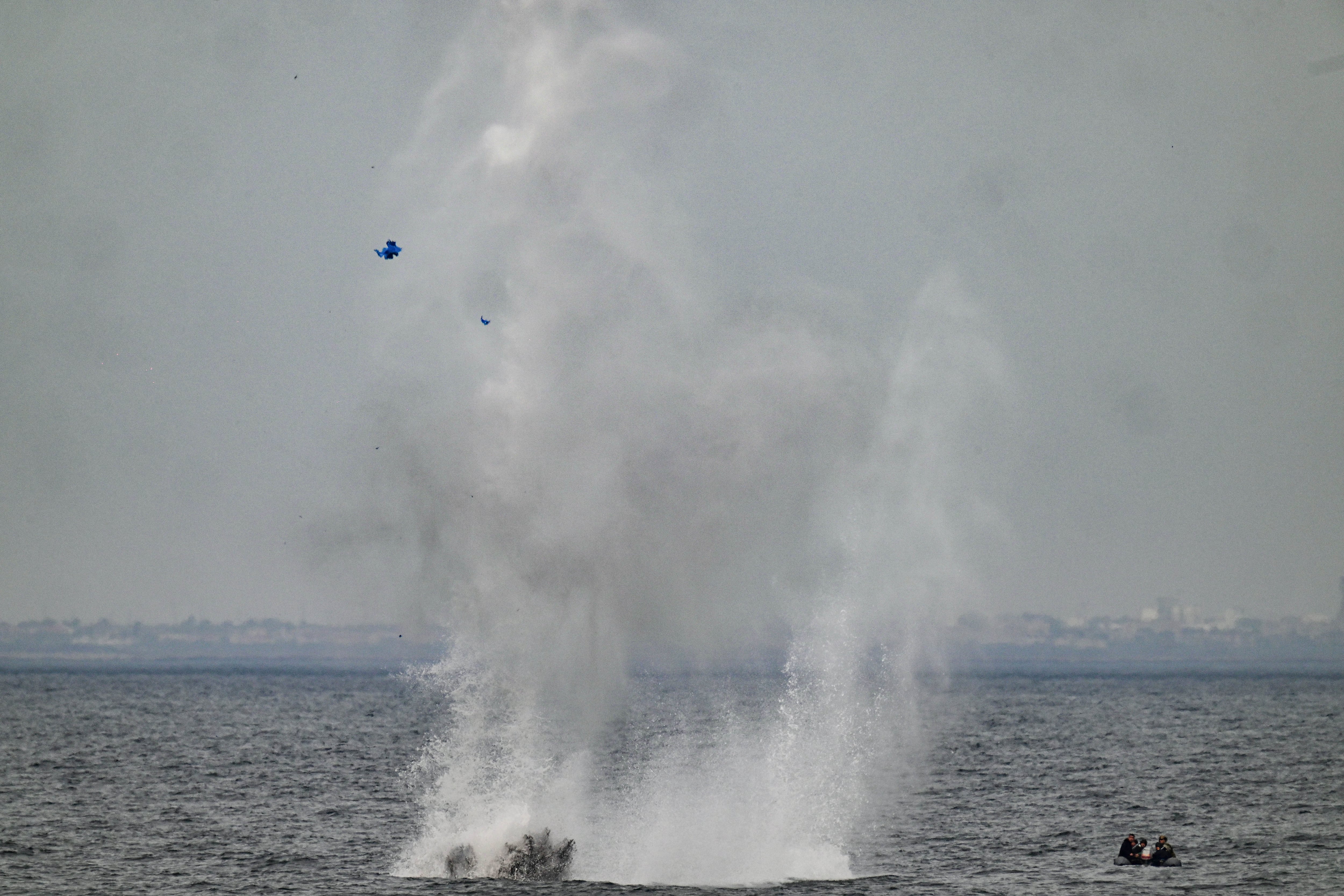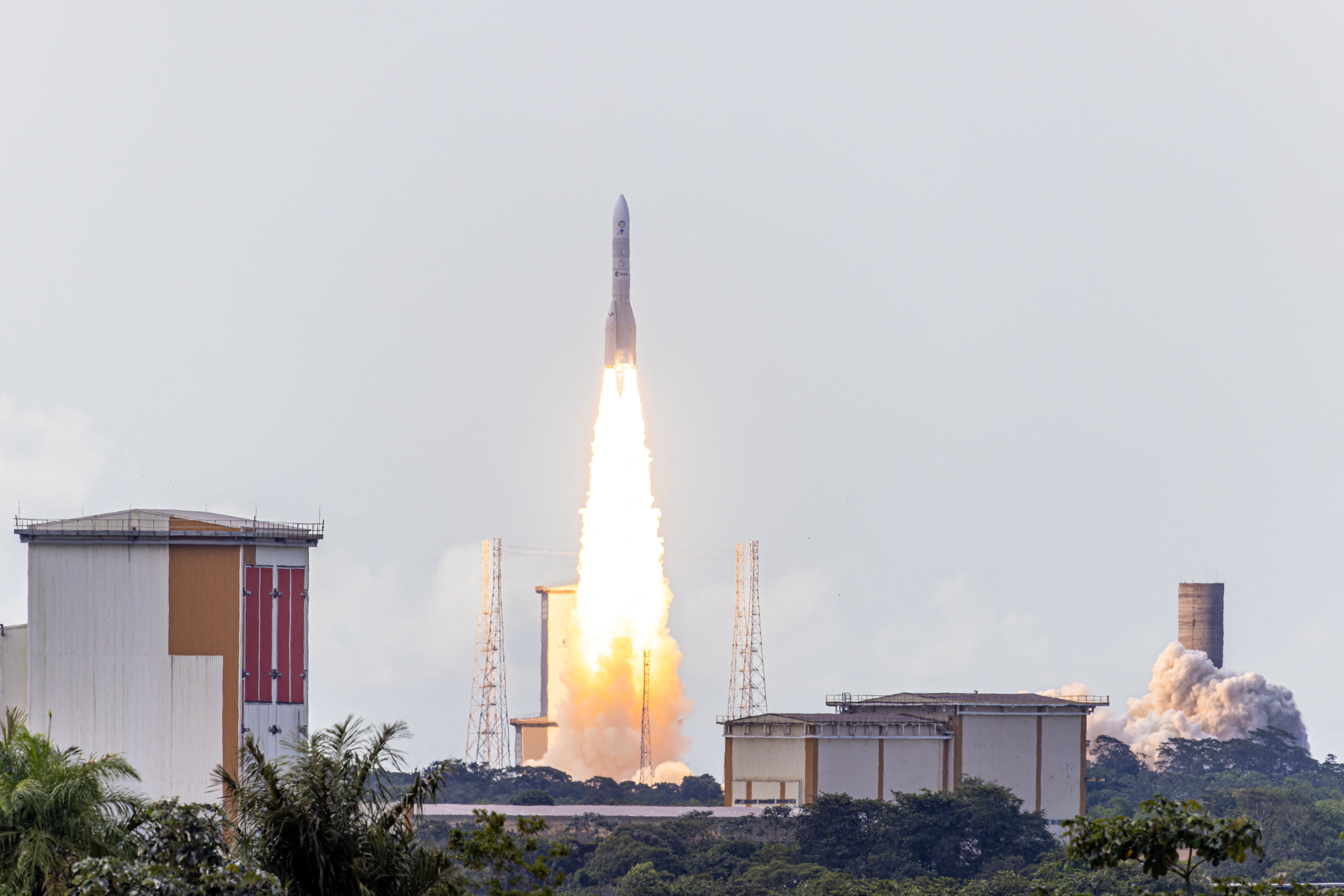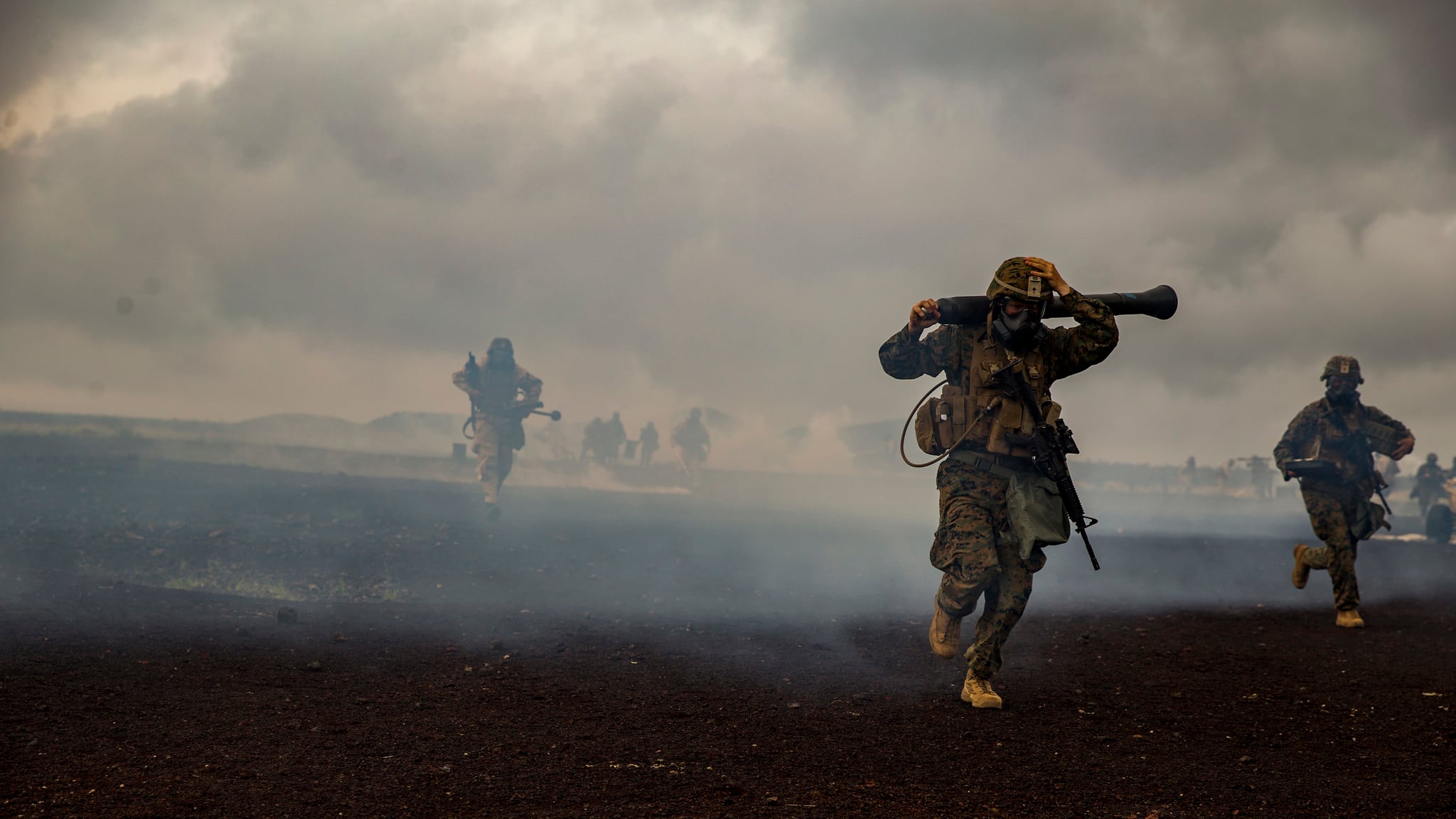It’s the sequel that human resources professionals around the Army never wanted — the service is yet again staring down a possible delayed launch for its new HR and pay platform, according to a senior official assigned to the project.
Col. Rebecca Eggers, who leads the functional management division for the Integrated Pay and Personnel System-Army (IPPS-A), spoke with Army Times about the potential delay in a Monday morning phone interview.
Eggers’ team is aiming to put all three components of the Army onto a single HR platform.
The service previously delayed the Army-wide version of IPPS-A, an earlier version of which is already live for the National Guard, from an original December 2021 launch date to Sept. 20 due to failed systems tests. A spokesperson for the Army personnel directorate said in May that the Sept. 20 go-live date was “on track” — but that’s no longer the case.
According to Eggers, the sticking point is data communication failures between IPPS-A and two key HR systems.
Currently IPPS-A does not reliably function with the service’s recruiting information system, which allows for soldier onboarding, or with sending data to the Defense Manpower Data Center, which controls soldier medical insurance and other benefits.
As a result, the service has indefinitely delayed taking down a number of older HR systems that were scheduled to go dark or “brown-out” Saturday and again pressed pause on IPPS-A.
“The entirety of Release 3 — what we had originally planned — is definitely off the table for September,” Eggers said.
It’s not clear yet whether a limited version of IPPS-A will go live on Sept. 20. Eggers said that Army senior leaders will soon decide whether to launch a limited version of the platform then or delay the launch in its entirety.
She acknowledged that soldiers may be worried about how the delay will affect their assignments and promotions, saying that the service will put out more information soon.
“We will get information and new guidance out on the street,” Eggers said. “We’re working closely with Human Resources Command.”
She said “soldiers will get promoted on time as if we hadn’t browned out,” and permanent change-of-station moves scheduled around the period likely “will still stand.”
Service leaders have long-hailed the benefits they say the program will bring, especially when it comes to streamlining pay and talent management functions across the entire Army. But the task of synchronizing systems has proved more difficult — and perhaps more expensive — than anticipated.
What’s going on with IPPS-A?
Recent limited-user testing showed “there is quite a bit of functionality that works,” Eggers said, but the service still identified accessions and benefits as “risk areas” before entering the final phase of testing.
The persistent problem is what halted the first planned launch last year, when a senior G-1 official described the platform as “80% functional.”
It turns out, the delay was not enough to fix the final 20%.
The contractor overseeing the systems integrations efforts, CACI International, has received more than $557 million over seven years for the project thus far.
According to trade paper Washington Technology and a GAO protest tracker, the Army extended the expiring contract by a decade over a competitor’s protest. That could see the contractor make an additional $500 million, bringing the platform’s potential price tag beyond $1 billion.
As the functional management chief, Eggers emphasized the difficulty of bringing together aging HR systems that are written on different computer languages and require complex data integration.
“We do have some really old systems written in COBOL [a 63-year-old programming language] and some crazy language[s],” she said.
Eggers promised one thing, though: the delay will be “short.” She added that it’s “even more painful for us [than the last one] because we know how close we are.”
Davis Winkie covers the Army for Military Times. He studied history at Vanderbilt and UNC-Chapel Hill, and served five years in the Army Guard. His investigations earned the Society of Professional Journalists' 2023 Sunshine Award and consecutive Military Reporters and Editors honors, among others. Davis was also a 2022 Livingston Awards finalist.








